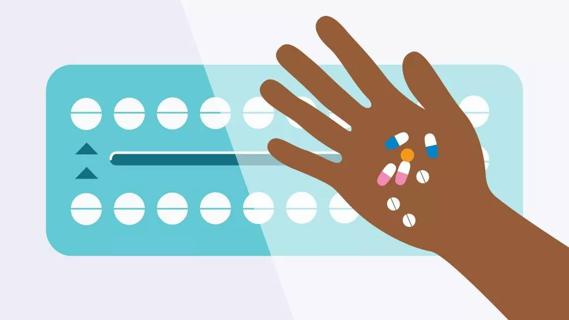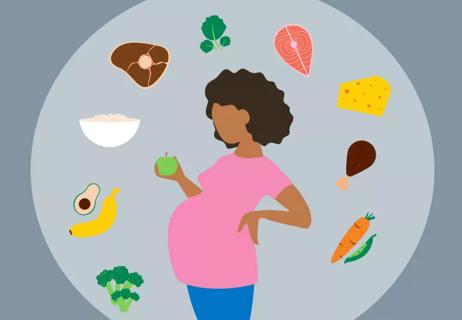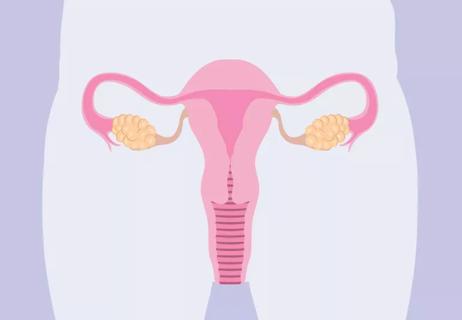Keep track of your menstrual cycle to identify your most fertile days

Whether you’re trying to conceive or looking to prevent pregnancy, using an ovulation calendar might work for you.
Advertisement
Cleveland Clinic is a non-profit academic medical center. Advertising on our site helps support our mission. We do not endorse non-Cleveland Clinic products or services. Policy
A tool to calculate your most fertile days, an ovulation calendar or schedule tracks your menstrual cycle. This can help take some of the guesswork out of trying to get pregnant.
Some people turn to an ovulation calendar because they may have symptoms or medical conditions that prevent them from using birth control. Others may not like using birth control for personal reasons.
Ob/Gyn Erin Higgins, MD, explains what an ovulation calendar is and how it works.
Used to track your menstrual cycle, an ovulation calendar or schedule can help you calculate your most fertile days.
The average length of a menstrual cycle is 28 days. Ovulation, which is when your ovary releases an egg, happens around 14 days before bleeding begins. Your most fertile days — the best chances to get pregnant — are five days before ovulation and the day of ovulation. You are less likely to become pregnant the days before and during your period.
During ovulation, the egg travels down the fallopian tube where it can be fertilized if there is sperm present. If so, the egg and sperm will create an embryo.
You can use an ovulation calendar — whether you use an online version, an app or keep track on your own — to figure out your most fertile days.
Advertisement
Remember that your menstrual cycle doesn’t just include the days where you experience bleeding.
“When we’re talking about a menstrual cycle we’re talking about the entire month,” says Dr. Higgins. “You’re only bleeding for a few days.”
Your menstrual cycle begins the first day of bleeding and ends the next day before your period. It can be tricky to calculate the best time for ovulation, especially if your period isn’t regular.
To figure out your ovulation schedule, you need to work out the average length of your menstrual cycle.
To do so, track your next three menstrual cycles. Start with the first day you have bleeding (the start of your period) and count the days in between the start of your next period. After the three months, add those three numbers together and divide by 3. That will be your average length of a menstrual cycle.
For example, if your first cycle was 27 days, your second was 30 and your third one was 28, your average would be 28 days.
The next step is to pinpoint your most fertile days. Ovulation happens about 14 days before your period starts. For example, if your average menstrual cycle is 28 days, you should ovulate on day 14, making your most fertile opportunities days 9 to 14.
Using an ovulation calendar calculator can be a great tool for women who are not on birth control. Depending on whether you want to conceive or avoid a pregnancy, it can help you figure out the best time to have sex.
Other methods can also help you figure out if you’re ovulating:
Using these methods or an ovulation schedule for getting pregnant can narrow down the window of opportunity.
“A lot of people want that very specific detail so they can have timed intercourse,” says Dr. Higgins.
Advertisement
Having as much information as possible when it comes to your ovulation can help reduce stress whether you’re hoping to start or grow a family now or sometime later — or if you don’t envision children in your future.
Advertisement
Learn more about our editorial process.
Advertisement

Certain seizure medications, HIV treatments, antibiotics or herbal supplements can make your oral contraception less effective

‘Safer sex’ means STI prevention, avoiding unintended pregnancies and psychologically safe practices for everyone

Talk with them about their new sibling early and often

Dental care is not only safe during pregnancy, but it’s also highly recommended

A healthy pregnancy diet includes good amounts of folic acid, DHA, calcium and more

If left untreated, you risk complications, early labor and passing the infection to your baby

Lifestyle changes, like a healthy diet and exercise, can help with fertility issues

Always talk with your doctor for advice, too

Type 2 diabetes isn’t inevitable with these dietary changes

Applying a hot or cold compress can help with pain